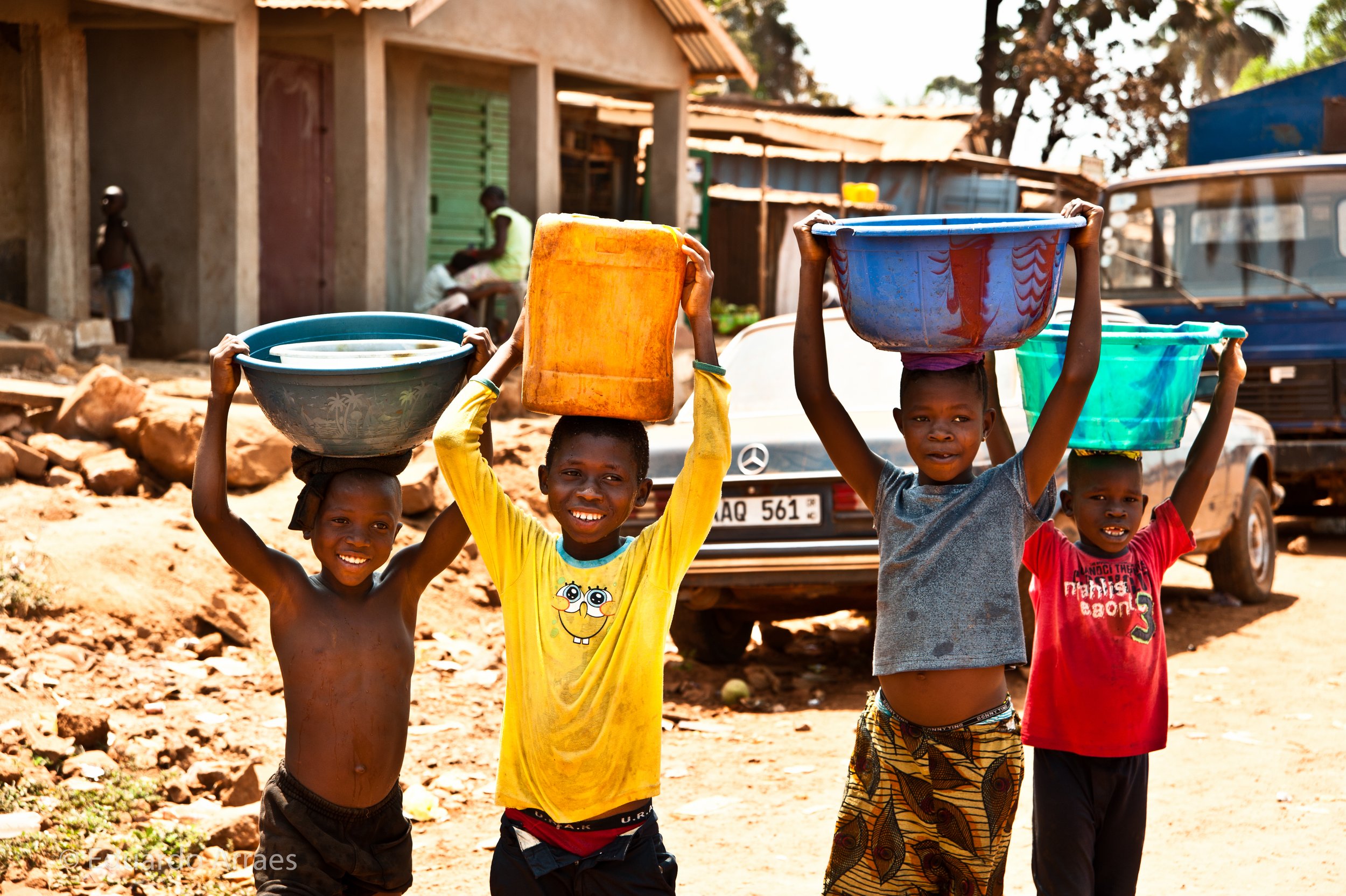
We welcome unsolicited submissions covering current legal developments in constitutional law, fundamental rights law, public law, international law and related fields.
Water for the Kids, Eduardo Fonseca Arraea | @ Lakka, Western Area Peninsula, Sierra Leone.
Submission Guidelines
Submissions should be between 800 and 1000 words in length.
Along with your suggested contribution, please email us a short biography (max 150 words) and a photo of yourself. Kindly include any relevant governmental, institutional or other professional affiliations.
We reserve the right, at our discretion, to request more information in order to assist us in making publication choices. All posts will be reviewed by the blog's editorial team. Contributors can expect at least one revision of their posts, and publication is never assured.
Contributors must avoid making use of any language that might be regarded as defamatory, as with any professional writing.
Please do not make use of footnotes; instead, hyperlinks and/or internal parenthetical references are preferred.
African Law Matters is the only place where guest posts can be submitted. Before cross-posting elsewhere, contributors must first acquire our approval.
Call for Submissions: The Implications of the ICJ Advisory Opinion on Climate Change for Africa
The International Court of Justice recently issued a landmark Advisory Opinion on states’ obligations regarding climate change. Among other findings, the Court recognised the duty to mitigate climate harms as a norm of customary international law, underscored the principle of common but differentiated responsibilities, and affirmed that the right to a healthy environment is internationally recognised.
Given Africa’s disproportionate vulnerability to the climate crisis, this Opinion raises urgent questions for human rights, climate litigation, and environmental justice across the continent.
We welcome contributions (800–1000 words) that explore these intersections. Suggested themes include:
Climate litigation in Africa and the potential opened by the ICJ Opinion
The right to a healthy environment and its implications for vulnerable groups
Socio-economic rights and climate harms (food, water, housing, health, land)
Transboundary claims, reparations, and corporate accountability
Climate-induced displacement, climate refugees, and African legal frameworks
Climate legislation in Africa and NDC compliance
Rights of nature and non-human interests in African climate law

